Recently, some friends asked me in the comments: “Are water purifiers just a scam? The price differences are huge, and the features all seem pretty similar. I really don't know how to choose.” I bet many of you share this confusion. The water purifier market is a mess these days, with prices ranging from hundreds to tens of thousands, and marketing claims all over the place. Some see them as health guardians, while others think they're just a scam. Today, let's talk this through. Listen up: water purifiers aren't a scam, but there's one type I strongly advise you to be careful about buying.
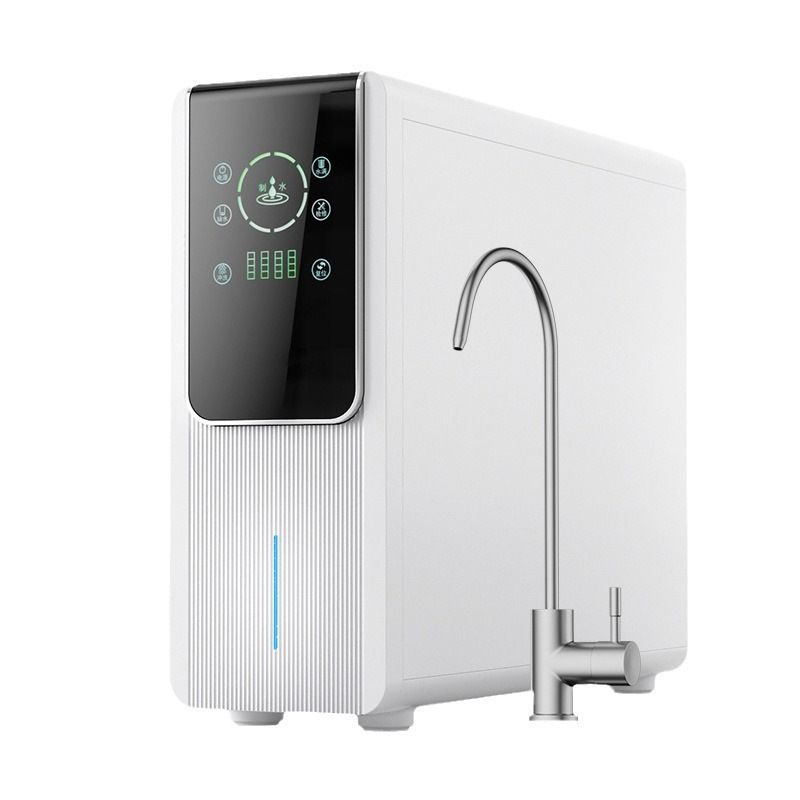 Why Water Purifiers Aren't a Scam
(1) Hidden Hazards in Tap Water
Why Water Purifiers Aren't a Scam
(1) Hidden Hazards in Tap Water
The tap water we use daily meets national standards when it leaves the treatment plant. But problems arise on its journey to our homes. Many cities have aging water pipes that are rusty and crumbling—essentially “pollution sources”—sending rust, sediment, and other impurities flowing right into our taps.
In high-rise residential areas, if secondary water supply facilities aren't properly maintained—like water tanks that haven't been cleaned in ages or have poor seals—they can become breeding grounds for bacteria, algae, and other microorganisms, degrading water quality. Sometimes when you turn on the tap in the morning, the water has an odd smell or color, indicating contamination. Moreover, tap water quality can fluctuate across regions and seasons. These unstable factors can all impact our drinking water health.
(2) The Role of Water Purifiers
Facing these tap water challenges, water purifiers act as loyal “water quality guardians”—absolutely essential. In terms of filtering impurities, they trap larger particles like silt, rust, and colloidal matter, making the water clear and bright. Through technologies like activated carbon adsorption and reverse osmosis, they also eliminate harmful substances such as residual chlorine, heavy metals (like lead, mercury, and cadmium), bacteria, viruses, and pesticide residues—keeping these “invisible killers” that threaten health at bay.
From a health perspective, long-term consumption of filtered water significantly reduces the risk of waterborne illnesses, especially for vulnerable groups like the elderly, children, and pregnant women. Access to clean drinking water is crucial.
In terms of quality of life, purified water tastes noticeably better. It enhances the flavor and richness of tea and coffee, and makes cooked rice sweeter and more aromatic. Using purified water for washing your face and bathing reduces skin irritation, leaving skin more hydrated and smooth. It also benefits household appliances by minimizing limescale buildup, extending the lifespan of water heaters, washing machines, and dishwashers while saving on repair and replacement costs. Therefore, a water purifier is not a waste of money—it's a practical ally that genuinely protects our health and enhances our quality of life.
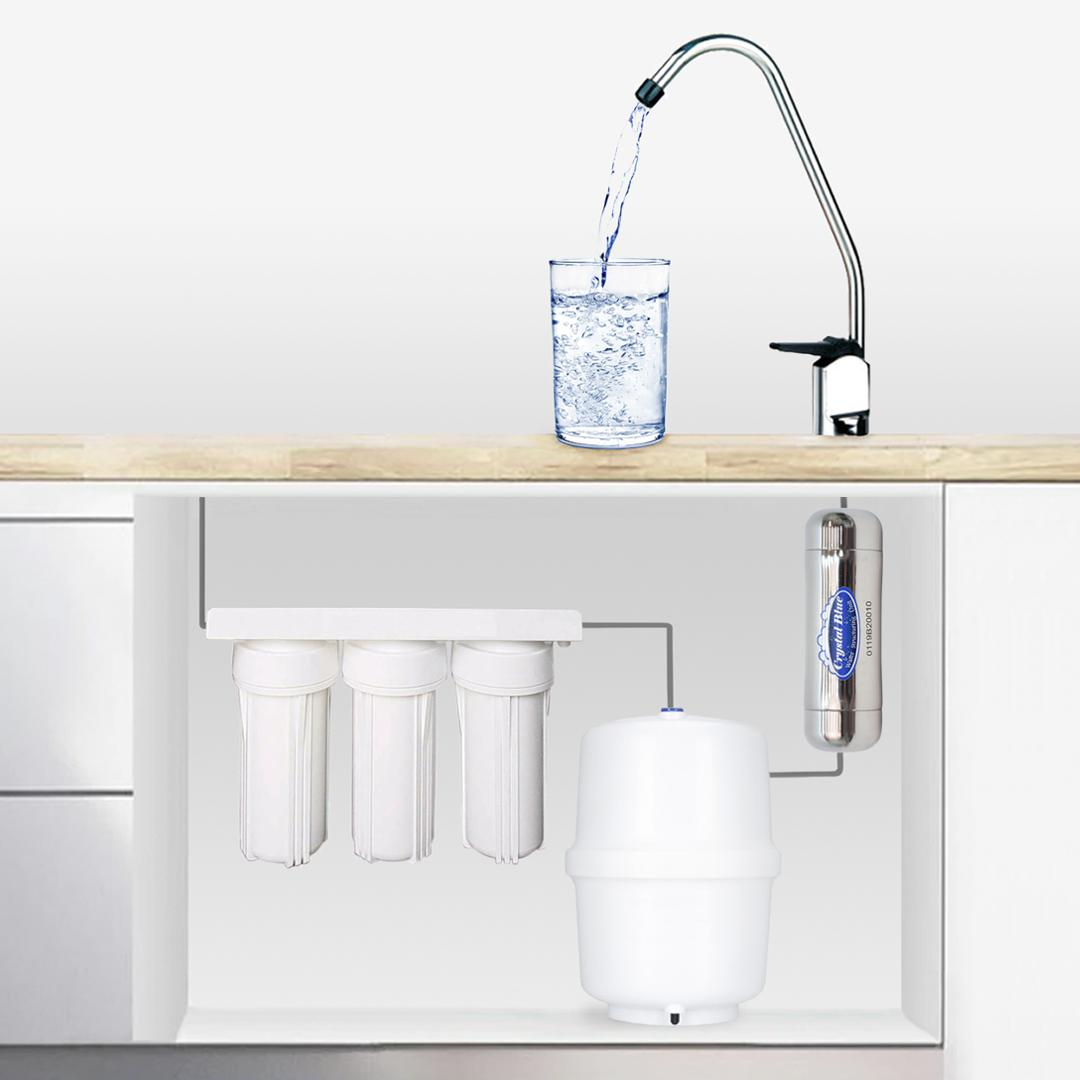 Which Water Purifiers to Approach with Caution
(1) Characteristics of Low-Cost, Substandard Water Purifiers
Which Water Purifiers to Approach with Caution
(1) Characteristics of Low-Cost, Substandard Water Purifiers
Price is a key consideration when purchasing a water purifier, but excessively cheap models often come with major issues. Some purifiers on the market sell for just a few hundred yuan or even less—products priced far below normal market rates likely use low-quality materials.
To cut costs, some budget models use inferior filter housings, pipe fittings, and tubing. These components lack adequate pressure resistance, making them prone to leaks during water pressure fluctuations. A leak could damage not only the kitchen or bathroom where the unit is installed but also furniture and flooring. In severe cases, electrical leakage may occur, posing safety risks to your family. Moreover, the filter cartridges in low-cost purifiers are often subpar, failing to effectively remove impurities and harmful substances. The purified water may still be unsafe to drink, leaving you with an unguaranteed product despite the expense. Therefore, avoid being tempted by cheap prices and choosing such low-quality purifiers—it could cost you more in the long run.
(2) Signs of Misleading Advertising
Beyond low-quality, low-cost purifiers, another type to be wary of is those promoted through false advertising. The water purifier market is fiercely competitive, and some unscrupulous merchants resort to all sorts of deceptive tactics to sell their products, making it difficult for consumers to guard against them. Some falsely promote their brands, claiming to be internationally renowned with years of history and advanced technology, even fabricating various international certifications and awards to deceive consumers into trusting them.
Others pass off inferior products as premium, advertising imported high-quality filter cartridges or advanced filtration technology, while actually using cheap domestic cartridges or outdated filtration processes that deliver far inferior results. Some exaggerate effects to the extreme, claiming their purifiers can eliminate all harmful substances like bacteria, viruses, and heavy metals, or even treat diseases like hypertension and diabetes—claims that blatantly defy scientific knowledge and are clearly false. Even more egregiously, some merchants falsely claim filters never need replacement or exaggerate their lifespan, leading consumers to believe they can save on long-term costs. In reality, filters have a finite lifespan. Failure to replace them promptly not only compromises filtration effectiveness but also risks bacterial growth, causing secondary water contamination.
Some retailers overlook maintenance costs when selling water purifiers, emphasizing only the low purchase price while failing to inform consumers about the significant expenses for filter replacements and upkeep later on. Others neglect after-sales service—when purifiers malfunction, consumers often can't reach support, face delays, or are simply ignored, leaving their rights completely unprotected.
When purchasing a water purifier, stay vigilant. Scrutinize the seller's claims to avoid falling for false advertising. Review product test reports and user feedback, consult experts, and understand the product's true capabilities to select a reliable purifier that genuinely suits your needs.
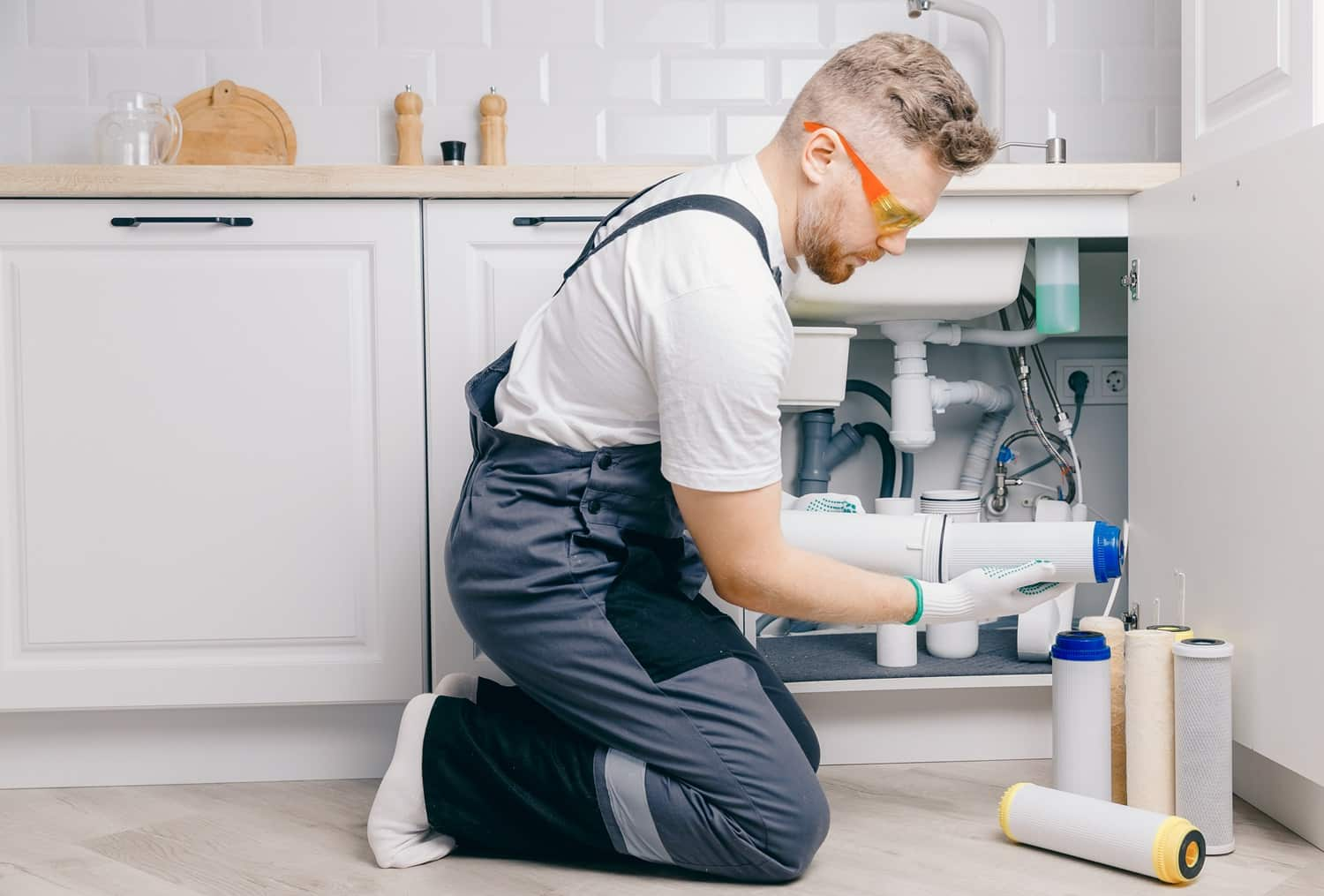 How to Choose a Reliable Water Purifier
(1) Focus on Key Metrics
How to Choose a Reliable Water Purifier
(1) Focus on Key Metrics
Mastering several key performance indicators helps accurately assess a water purifier's quality and avoid pitfalls.
Filtration Precision: This is a crucial metric for evaluating a water purifier's performance, directly determining what impurities and contaminants it can remove. For example, consider the salt rejection rate and TDS value. A higher salt rejection rate indicates stronger ability to remove salts from water; a lower TDS value (Total Dissolved Solids) signifies fewer impurities and cleaner water. Generally, high-quality reverse osmosis (RO) water purifiers achieve a desalination rate exceeding 95% and reduce TDS levels below 50.
Filter Cartridge Type: This is also crucial. Common types include ultrafiltration membrane cartridges and RO reverse osmosis membrane cartridges. Ultrafiltration membranes have a filtration precision of 0.01 microns, effectively removing larger particles like silt, rust, and bacteria. However, they are less effective at filtering smaller harmful substances such as heavy metals and viruses. RO reverse osmosis membranes boast a filtration precision of 0.0001 microns, effectively filtering out nearly all impurities—including heavy metals, bacteria, viruses, and pesticide residues. The resulting water is safe for direct consumption. As the most mainstream and highest-performing filter type currently available, we recommend prioritizing water purifiers equipped with RO reverse osmosis membranes.
Zero Stagnant Water Function: Also worth noting. When traditional reverse osmosis water purifiers are not in operation, a concentration gradient forms across the RO membrane, causing pure water and concentrate to permeate each other. Over time, this leads to stagnant water accumulation. This stagnant water exhibits elevated TDS levels and pollutant concentrations, resulting in poor taste and potential health risks with prolonged consumption. Water purifiers featuring zero stagnant water technology address this issue through methods like purified water recirculation or dual RO membranes, ensuring fresh, clean water is available for the first cup every time.
Wastewater Ratio: This metric should not be overlooked, as it indicates the amount of wastewater generated during purification. A lower ratio signifies higher water resource utilization, making the system more energy-efficient and eco-friendly. Generally, selecting a purifier with a wastewater ratio of 2:1 or better is recommended. This ensures effective purification while minimizing water waste.
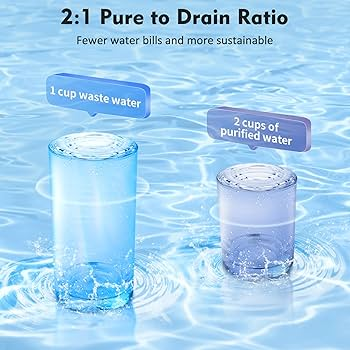 Dual-spout design
Dual-spout design: This practical feature includes two separate taps. One dispenses purified water for everyday tasks like washing vegetables, dishes, or rinsing rice. The other provides pure water for drinking, brewing tea, or making coffee—scenarios demanding higher water quality. This dual-purpose design accommodates diverse household needs, offering greater convenience.
(2) Choose Reputable Brands and Channels
Selecting well-known brands and official purchasing channels is crucial for acquiring a reliable water purifier. Renowned brands typically possess strong R&D capabilities, investing significant human, material, and financial resources to continuously optimize product performance and quality. They also maintain strict production standards and quality inspection systems, rigorously monitoring every stage—from raw material procurement and manufacturing to final product release—to ensure high product quality. Moreover, reputable brands prioritize after-sales service, establishing comprehensive support networks to provide timely, professional assistance—such as free installation, periodic follow-ups, rapid repairs, and filter replacement reminders—ensuring hassle-free usage. Always purchase water purifiers through authorized channels like brand flagship stores, major appliance retailers, or reputable e-commerce platforms. This minimizes the risk of counterfeit or substandard products.
When shopping online, carefully review store credentials and customer ratings, selecting shops with strong reputations, high sales volumes, and positive feedback. In physical stores, test products firsthand and inquire with sales staff about performance, features, and after-sales support for more accurate assessments. Always retain purchase documentation—invoices, receipts—as these serve as crucial evidence for resolving issues.
Water purifiers are far from a waste of money—they significantly safeguard our drinking water health and elevate our quality of life. However, when purchasing one, be vigilant against low-priced, substandard products and those with false advertising. Such items not only fail to deliver proper purification but may also pose safety risks, resulting in wasted money. When selecting a water purifier, consider the methods mentioned above: focus on key performance metrics, choose reputable brands and authorized channels, and make rational decisions based on your specific needs and local water conditions.
May everyone find a suitable water purifier that delivers clean, healthy drinking water! If you have questions or experiences regarding water purifier selection, feel free to share them in the comments section. Let's exchange insights and work together to safeguard our families' drinking water health.
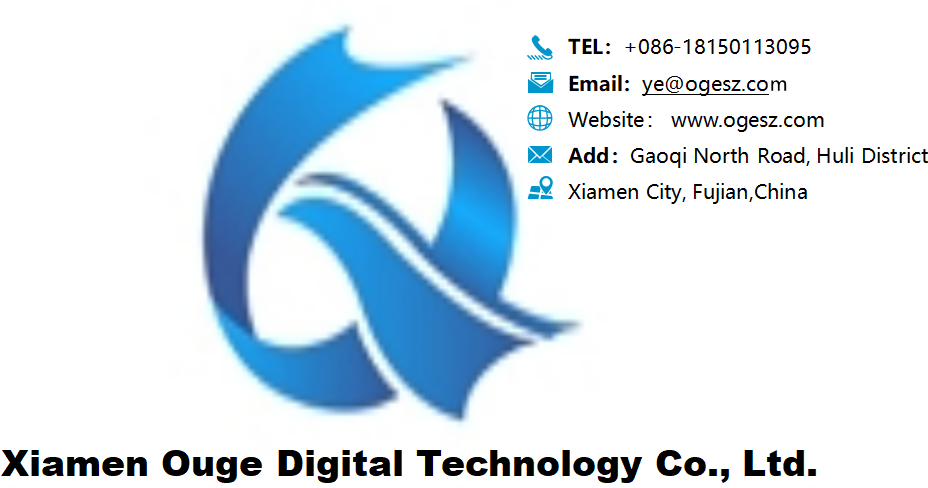





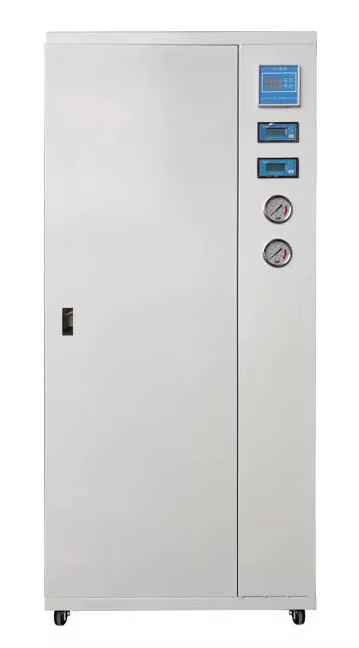 Analysis of the Structure and Working Principle of Ultrapure Water Equipment
Analysis of the Structure and Working Principle of Ultrapure Water Equipment
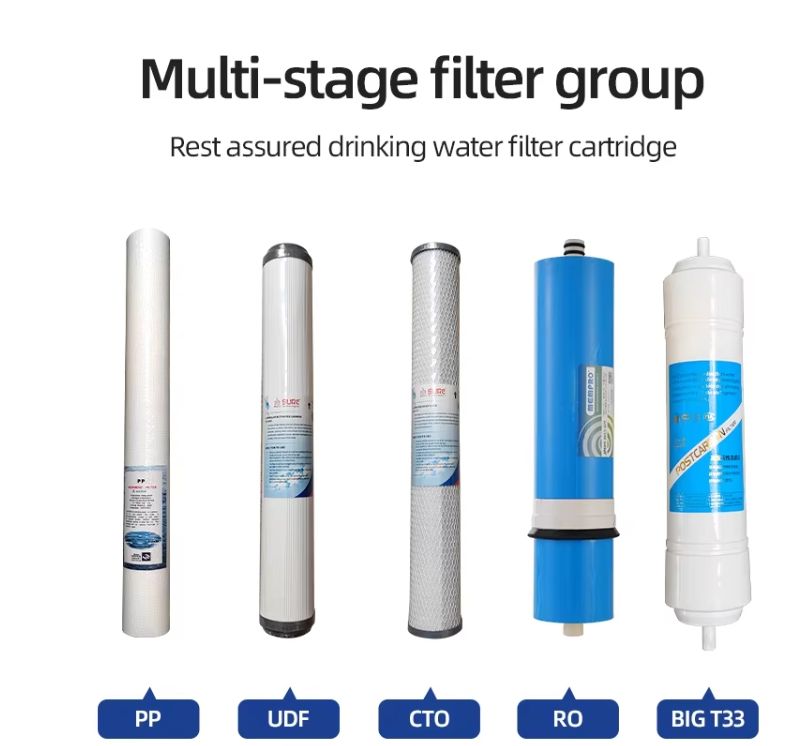 Tips for Using Home Water Purifier Filter Cartridges
Tips for Using Home Water Purifier Filter Cartridges
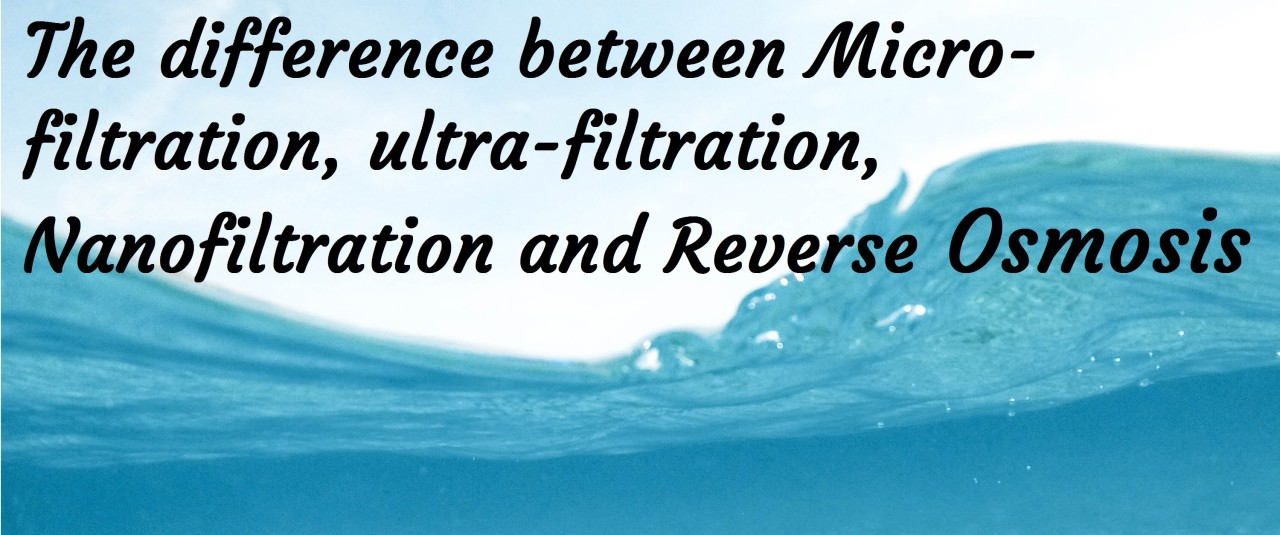 The Battle of Four Membranes: Microfiltration, Ultrafiltration, Nanofiltration, Reverse Osmosis—Which Reigns Supreme in Water Purification?
The Battle of Four Membranes: Microfiltration, Ultrafiltration, Nanofiltration, Reverse Osmosis—Which Reigns Supreme in Water Purification?
 Don't Pay for Stupidity! The Ultimate 2026 Water Purifier Guide: Selection, Pitfalls, and Maintenance All in One Article
Don't Pay for Stupidity! The Ultimate 2026 Water Purifier Guide: Selection, Pitfalls, and Maintenance All in One Article